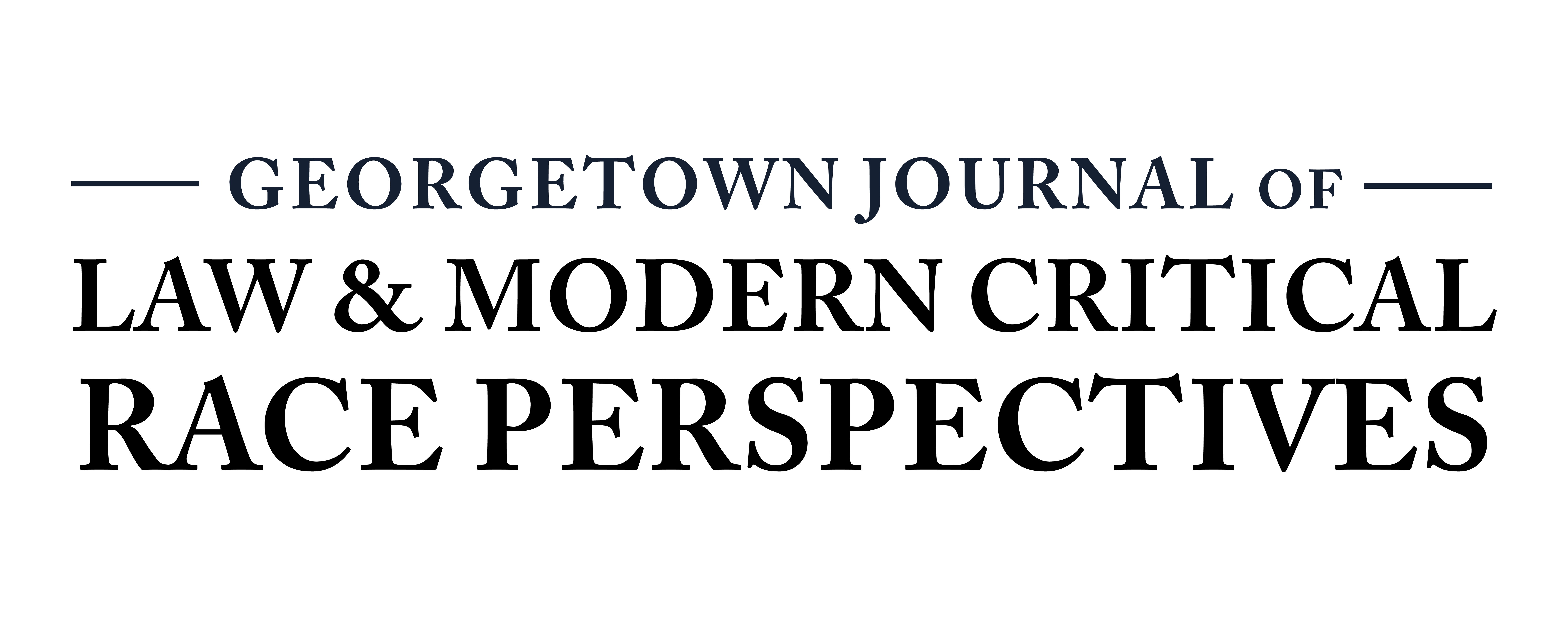The Law Divides: Political Identity in ICWA
November 16, 2023 by Chantal Reyes
In spite of an increasingly multicultural and diverse United States, U.S. law creates and maintains divisions amongst its citizens.
In spite of an increasingly multicultural and diverse United States, U.S. law creates and maintains divisions amongst its citizens.[1] While the law effectuates and perpetuates this divide, it can also be a restorative mechanism. For example, the Indian Child Welfare Act (ICWA) intends to recognize the government’s historical practice of separating Indian Children from their communities. It grants exclusive sovereignty over child custody proceedings involving native children to Tribal courts, helping Indian children stay connected to Indian families in adoption procedures. This protects Tribal sovereignty and maintains a unified Tribal identity, while further recognizing the federal government’s oppression of Native Americans.[2] Despite ICWA’s restorative purpose, it was recently challenged, inter alia, on Equal Protection grounds in Haaland v. Brackeen. In Haaland, Texas alongside three non-native families, raised objections to three different child custody proceedings under ICWA. They brought suit against the U.S. Secretary of Interior claiming that the law unconstitutionally discriminates based on race by preferencing Indian families in custody proceedings.[3] The Supreme Court did not reach the Equal Protection claim because it held that plaintiffs lacked standing to bring a claim. It held the act to be constitutional under the Tenth Amendment, and determined that Congress had the power to enact the legislation under Article I.[4] Since the Supreme Court failed to rule on the 14th Amendment, ICWA becomes vulnerable to future challenges on Equal Protection grounds.[5] The Court held it could not reach the merits on these claims because neither the families nor Texas have suffered an injury that could be redressed by a favorable ruling from the Court.[6] It held that the families were injured by racial discrimination perpetuated under ICWA but that their injury will not likely be redressed by judicial relief of an injunction against federal parties.[7] In other words, a declaratory judgment against federal officials would not benefit the families because state courts and state officials are responsible for implementing ICWA.[8] The Court is sending a clear message with this holding, if the correct plaintiffs bring the case against the proper defendant the Court will consider overturning ICWA on Equal Protection grounds. Deciding this issue on procedural grounds raises questions as to whether the Court is committed to upholding the United States’ commitment to Indigenous sovereignty and supporting their self determination through political identity.[9] Further weakening of ICWA could lead to the deterioration of statutorily protected indigenous sovereignty, statutes supported by a legislative and judicial record that weighs heavily in favor of strengthening indigenous sovereignty.[10] The Supreme Court previously held “that laws that privilege members of American Indian tribes do not constitute racial discrimination because the preferences have a political purpose–to further the right of self-government of federally recognized American Indian tribes.”[11] Advocates should ensure Indigenous nations maintain this political identity to protect their Tribal sovereignty. An attack on ICWA is an attack on Tribal sovereignty. These sovereign rights have been recognized by Congress and upheld by the Supreme Court. Thus, it is imperative that advocates work alongside community Tribal members to defend these rights from baseless Equal Protection claims.
[1] See generally IAN HANEY LOPEZ, WHITE BY LAW: THE LEGAL CONSTRUCTION OF RACE, 7 (2006).
[2] Haaland v. Brackeen, 143 S. Ct. 1609, 1624 (2023).
[3] Id. at 1625.
[4] Id. at 1641.
[5] See Kennedy Ray Fite, Note, Haaland v. Brackeen: The Decision That Threatened the Indian Child Welfare Act’s Protection of Native Families in Illinois, 54 LOY. U. CHI. L. J. 1109, 1159 (2023).
[6] Haaland, 143 S. Ct. 1638, quoting Clairnova v. Texas 141 S.Ct 2104, 2113 (2021).
[7] Id. at 1639.
[8] Id.
[9] Fite, supra note 5, at 1159.
[10] Fite, supra note 5, at 1162; Haaland at 1641 (Gorsuch, J., concurring) (highlighting the long history of indigenous children taken from their families and sent to boarding schools involuntarily. It was not until 1978 that Congress attempted to remedy the long history of Indigenous family separation. The concurrence also states that “answering these questions requires a full view of the Indian-law bargain struck in our Constitution. Under the terms of that bargain, Indian Tribes remain independent sovereigns with the exclusive power to manage their internal matters”).
[11] Rose Cuison Villazor, Blood Quantum Land Laws and the Race Versus Political Identity Dilemma, 96 CAL. L. REV. 801 (2008).

